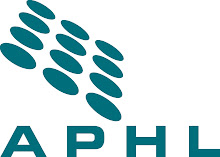First, Haitian leaders must find the courage and commitment to confront corruption and inefficiency within their government. Without a fundamental shift from opportunism to public service, donors will not be willing to sustain the long—and costly—process of recovery.
Second, the international donor community must adopt new operational models that are less dependent on the services of ex-patriots. Good models are available. Paul Farmer at Partners in Health and Jean William Pape at GHESKIO/ Weill Cornell Medical College, for example, have shown that impoverished communities with few resources can combat diseases and improve health care. Their approach—like that of APHL's project in Haiti—is to build long-term partnerships with local groups and to help train their doctors and healthcare professionals.
Third, Haiti’s laboratories need to be reconceived and rebuilt as part of an integrated national laboratory network operated under a strong quality management system. A precursor to this is development and implementation of a revised national laboratory policy and strategic plan to guide the orchestration of the necessary resources, including a trained and competent workforce.
Yet the reality at the moment is that there isn’t a comprehensive and forceful Haitian laboratory policy, strategic plan or network, only the commitment of the country’s national laboratory to forge a true laboratory system and support from some non-governmental organizations. How can APHL best support development of a nationwide laboratory system that will serve all of Haiti’s people? We look forward to your comments.






No comments:
Post a Comment